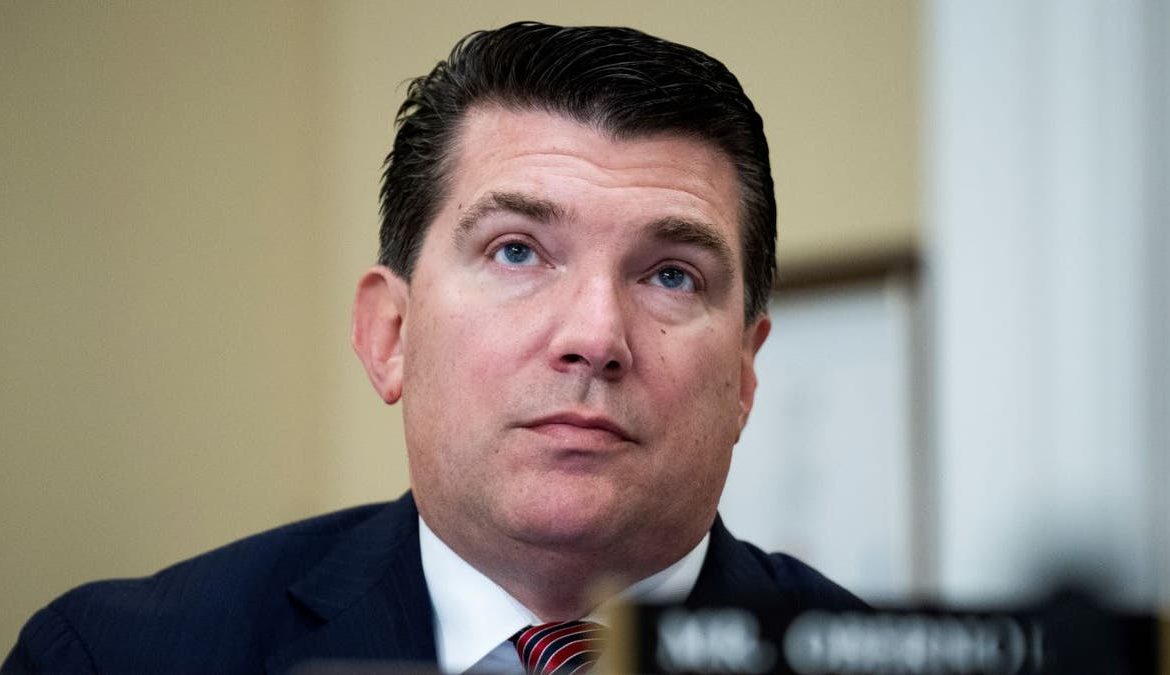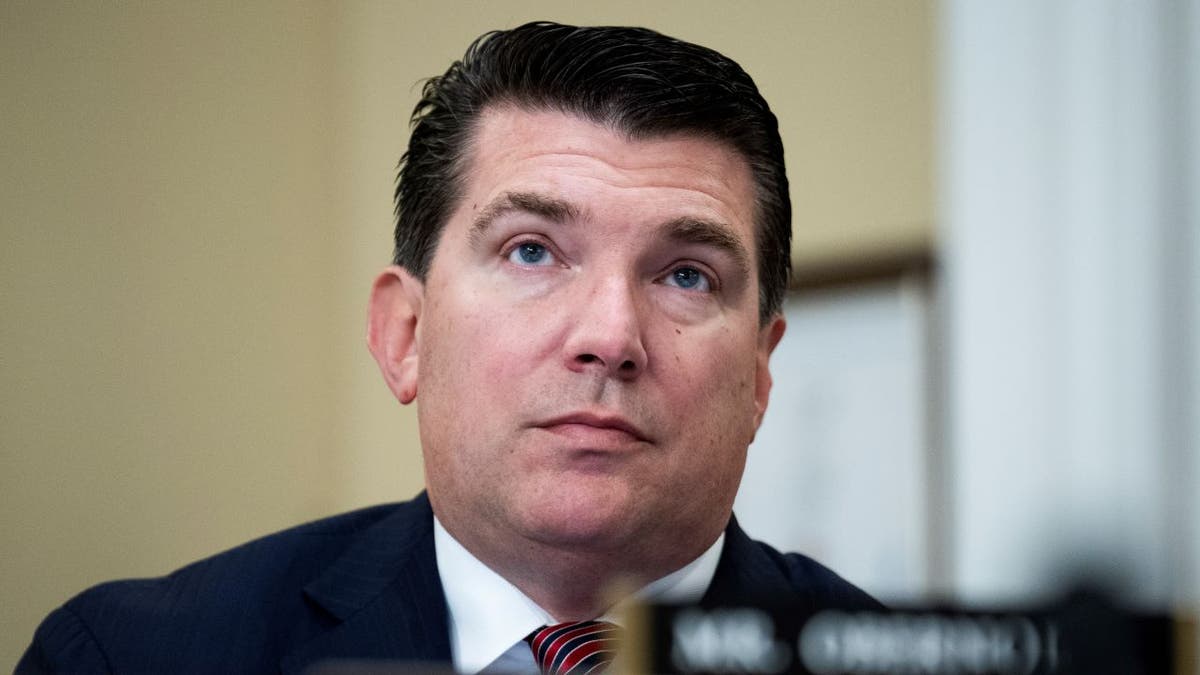
House AI Task Force chairman eyes public and private hearings as lawmakers mull regulation

The chairman of the House of Representatives’ new AI Task Force said his panel will likely hold hearings on artificial intelligence as Congress seeks to get ahead of the rapidly advancing technology.
‘Our number one task is to, by the end of the year, issue a report that details a regulatory framework for artificial intelligence. That framework is going to have a number of different pillars. And those pillars will come out of the things that our task force members are concerned about,’ Rep. Jay Obernolte, R-Calif., told Fox News Digital.
‘So we’re gathering that information, I think then we’ll have a series of hearings, maybe a hearing or two on each one of these broad-based pillars.’
Obernolte said he’d be inclined to hold those sessions behind closed doors at first to give lawmakers and witnesses the ability to speak more freely, before a more public phase.
‘I think our hearings are going to take a variety of different formats. Some of the hearings will be, as the first meeting was, not open to the public because we want to make sure our task force members feel comfortable asking the questions that might expose a little bit of hesitancy or ignorance,’ he said.
‘In other committee hearings, I’m sure we’ll adopt a more traditional format where we have witnesses in a more formal structure of questions and answers from our task force members.’
The task force, a bipartisan effort by Speaker Mike Johnson, R-La., and House Minority Leader Hakeem Jeffries, D-N.Y., held its first meeting last week in Johnson’s office.
Johnson told Fox News Digital in a separate interview that he discussed the group’s potential in opening remarks at the inaugural session.
‘We talked initially about some of the low-hanging fruit and the ideas that people have been thinking about, and I was really impressed with the group and the discussion we had,’ the speaker said.
‘With regard to what the role of Congress is in this space, we don’t want to do anything by way of regulation that stifles innovation. We don’t want to hinder the free market development of all this, but at the same time, there is a sense, I think, across the board that there needs to be some guardrails placed upon this. Now what those guardrails are is what this task force is going to work on.’
Obernolte said they discussed ‘the whole spectrum’ of AI regulation.
‘There were people that talked about worries about the use of deepfakes for interference in elections. There were people that talked about unfair biases, there were people that talked about intellectual property issues, we had a deep discussion about that. We had some discussions about the structure of potential federal regulation – whether or not that would involve the imposition of a new, broad-based licensing scheme as Europe has done, or more empowerment of our existing sectoral regulators, which is what we’ve been doing so far,’ he said. ‘So it was a very useful, helpful discussion.’
The task force meets again later this week, Obernolte said.
